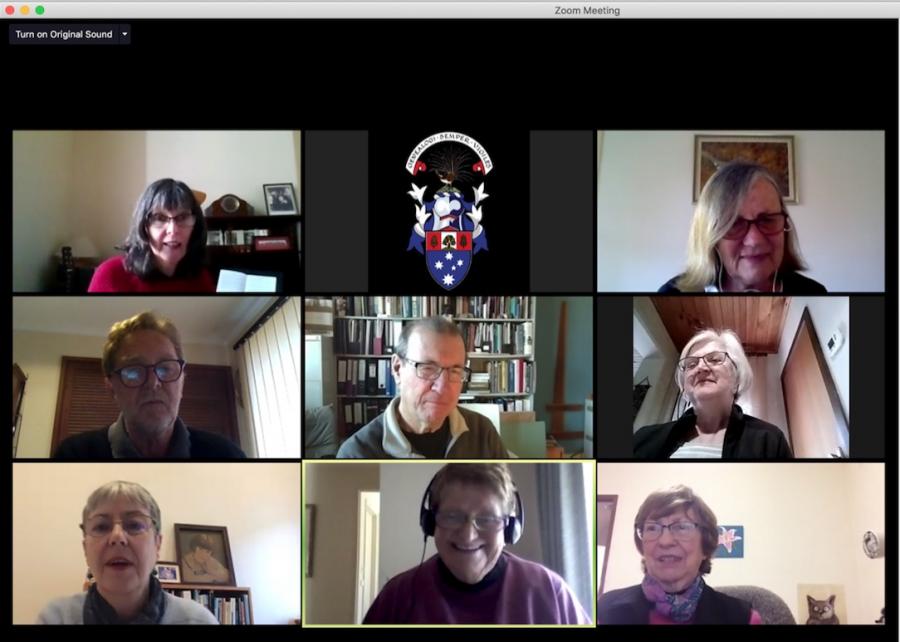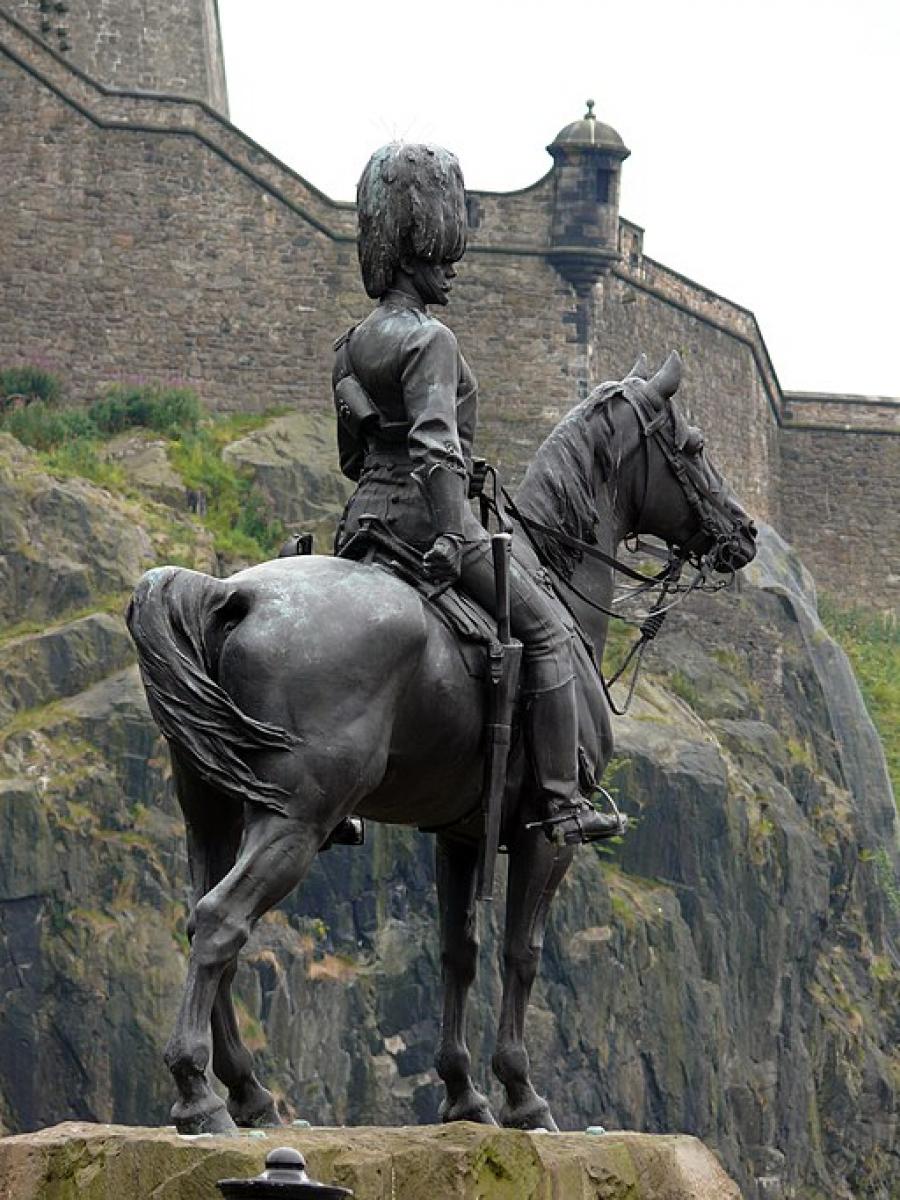History goes on at the GSV
Our centre is not yet open but we have moved many of our events online so members can continue to get assistance with their family history endeavours.
This month we have a number of discussion circles, classes and assistance days that will be delivered online by Zoom. Many of our members are already using this online facility. More information about how this will work is given below.
Online events for JULY
These events are only open to Members and are free as part of your membership. They must be booked through the events pages on our website. The numbers that may attend any of these events are limited so book early.
Discussion Circles
Counties of Northern England– Tuesday 14 July at 1 pm.
This event is limited to 25 participants. We will discuss the textile and allied industries on the lives of our ancestor since the 18thcentury. We will look at the impact of the burgeoning cotton industry across the north of England especially in Lancashire.
***
London Research– Thursday 23 July at 10 am. This event is limited to 25 participants. The lives of our London ancestors will be discussed.
***
Classes
These sessions will be conducted by the GSV Librarians Linley Hooper and Meg Bate or John Blackwood.
National & State Archives in Australia– Thursday 9 July at 1.30 pm. Limited to 10 participants
The National Archives of the UK online– Tuesday 21 July at 1.30 pm. Limited to 10 participants
FamilySearch™online– Thursday 23 July at 1.30 pm. Limited to 10 participants
ScotlandsPeopleonline– Thursday 30 July at 11 am. Limited to 15 participants.
***
Library Assistance online
Scottish Assistance in the Library– Thursday 16 July – You can book a 30 minute timeslot between 10.30 am and 4 pm to talk to John Blackwood and obtain help with your Scottish research.
Irish Assistance in the Library– Wednesday 22 July at 2 pm. Limited to 6 participants. A team will focus on the topics submitted by the participants.
***
How to take part in these online events
Go to our website COMING EVENTS where you can register.
When you register you will receive an email with instructions including the Zoom event code and password.
To attend, you will need a computer/tablet/phone with internet access, a speaker or headphones, and a microphone.
A camera is desirable so we can see you, and a keyboard if you need to send in questions during a presentation.
You may need to download the free Zoom app at https://zoom.us/signupand will be invited to test your video and sound when you log in to the session. If you are unsure, the advice is to log into the session 15 minutes early so our IT volunteers can assist you.
The Zoom website has good introduction videos for first time users:
Joining a Zoom meeting -
https://www.youtube.com/embed/hIkCmbvAHQQ?rel=0&autoplay=1&cc_load_policy=1
Basic Zoom controls - https://www.youtube.com/watch?v=ygZ96J_z4AY&feature=youtu.be
There is also a very good introductory guide at the following link:
https://cyfn.ca/wp-content/uploads/2020/04/SUPER_EASY_ZOOM_GUIDE-1.pdf.
***
Our Writers Discussion Circle finished up their July work session on Zoom last Wednesday. A report from the 'Zooming Writers' will be in a coming post to this blog.
So jump in and join these events!
***




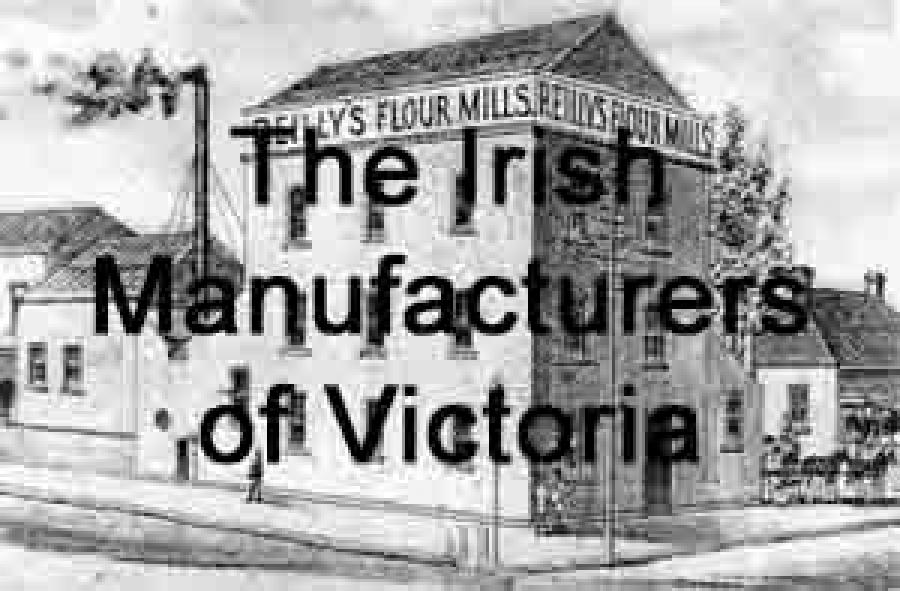
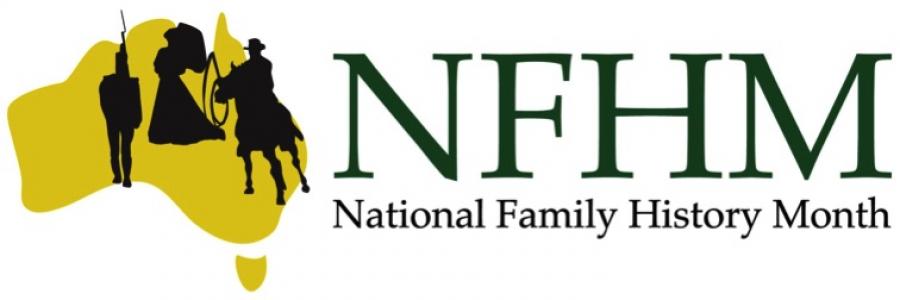
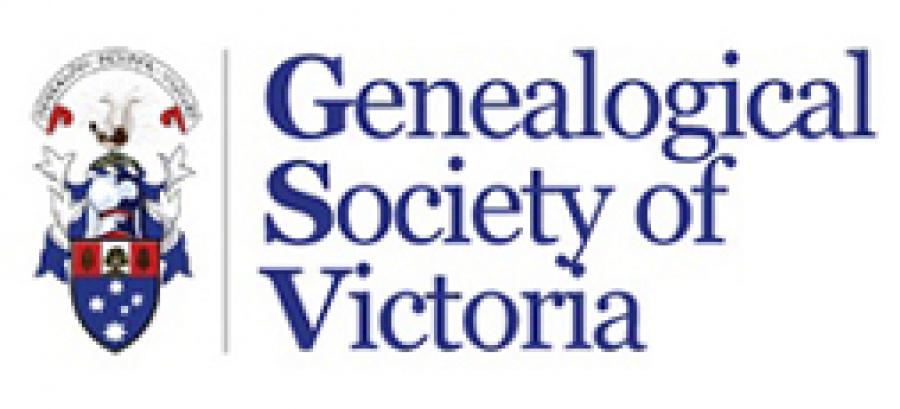

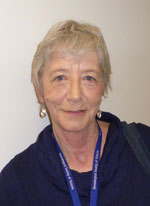 However, many members have commented that they preferred the digital form for many reasons, including the cost-savings for the GSV and the environmental benefits of reduced production and distribution of the paper copies.
However, many members have commented that they preferred the digital form for many reasons, including the cost-savings for the GSV and the environmental benefits of reduced production and distribution of the paper copies.